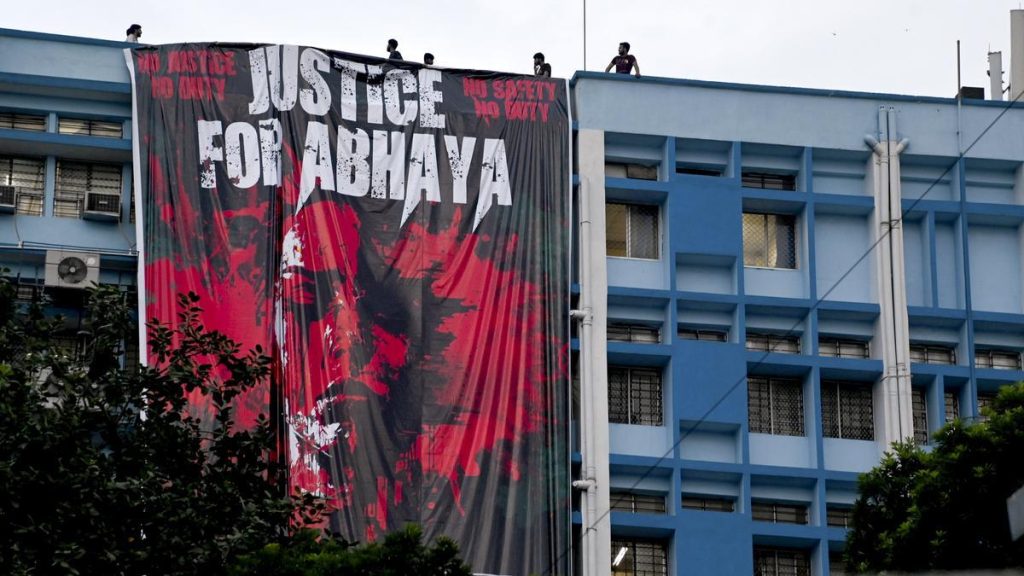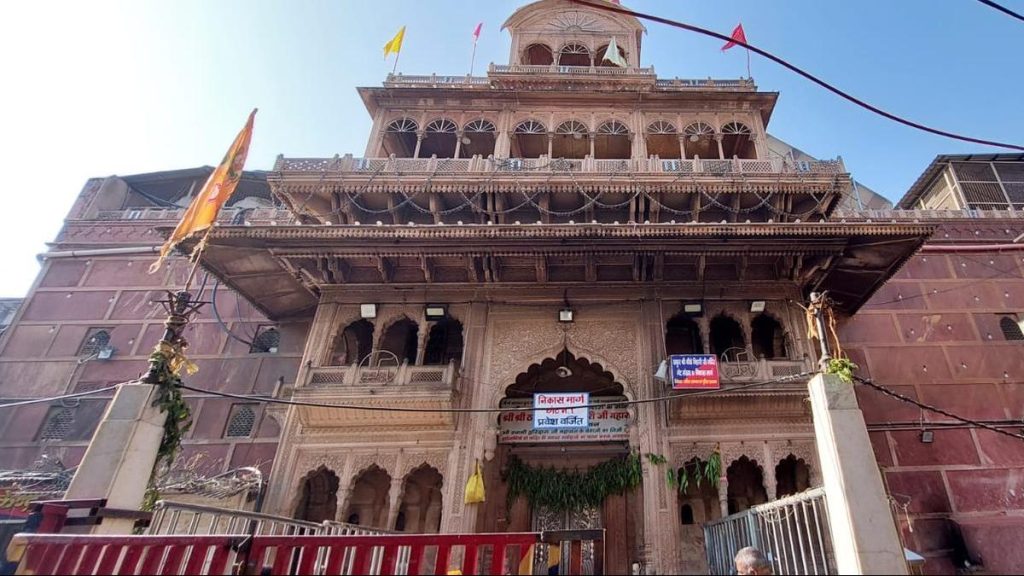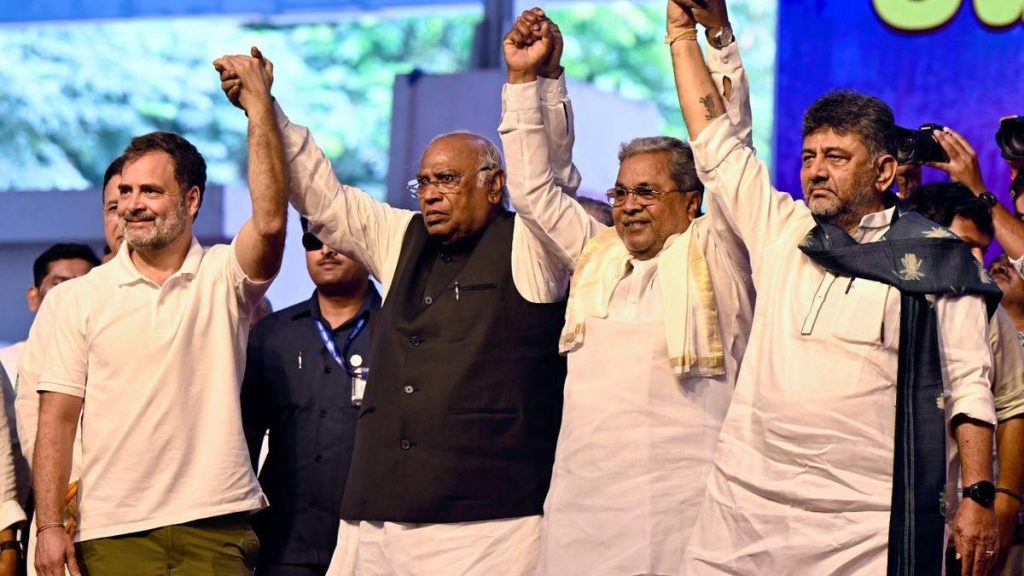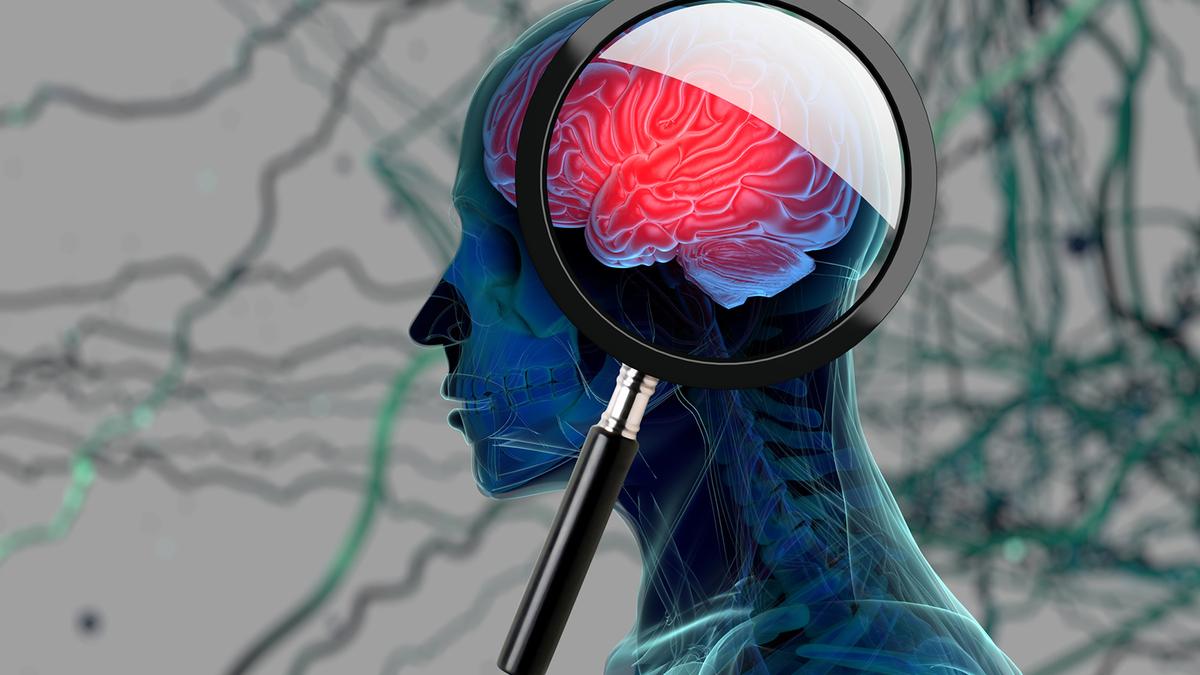Now Reading: Over 100 Voters Reported Missing from Bihar’s Jehanabad Electoral Rolls
-
01
Over 100 Voters Reported Missing from Bihar’s Jehanabad Electoral Rolls
Over 100 Voters Reported Missing from Bihar’s Jehanabad Electoral Rolls
Fast Summary
- Jehanabad district in Bihar, historically infamous for caste violence and a major jailbreak, is now embroiled in concerns over missing names in electoral rolls following the publication of draft rolls on August 1 after Special Intensive Revision (SIR).
- Over 100 voters,mostly from Muslim and Extremely Backward Classes (EBC) communities,from Jafarganj locality have alleged that thier names are absent from the draft list.
- Multiple affected residents expressed confusion and frustration when unable too find their voter names; many claim they have been voting for years.
- The Election Commission attributed deletions to reasons such as deaths, duplicate registrations, migration out of state, or untraceability. District officials assured rectification through Form 6 applications and planned special camps for corrections.
- Local Rashtriya Janata Dal MLA Suday Yadav called the omissions “strange,” while Communist Party (Marxist-Leninist) surveys indicated community-wise deletion patterns: out of 157 voters in four polling booths in Jafarganj locality, 130 are Muslim and others belong to Hindu backward castes.
- Total electors in Bihar stand at approximately 7.24 crore; recent analysis shows ther are over 56 lakh fewer voters than earlier rolls prepared by January.
Indian Opinion Analysis
The issue of missing voter names raises critical concerns about clarity and portrayal ahead of elections. While official explanations link these deletions to administrative factors like migration or duplicate records, inadvertent exclusions reported among marginalized communities demand scrutiny. Electoral participation being essential to democracy requires urgency in resolving these discrepancies equitably.
Efforts such as dedicated camps for rectification show initiative but must ensure inclusivity with robust public outreach so all affected individuals can easily regain access. Additionally, suspicions voiced by residents – especially during politically charged pre-election periods – highlight the need for objective investigations into procedural lapses while maintaining unbiased electoral processes free from stigmatization.Addressing this efficiently could reassure voters across districts about fair democratic practices while mitigating historical mistrust arising within socially vulnerable populations like those seen here.
























